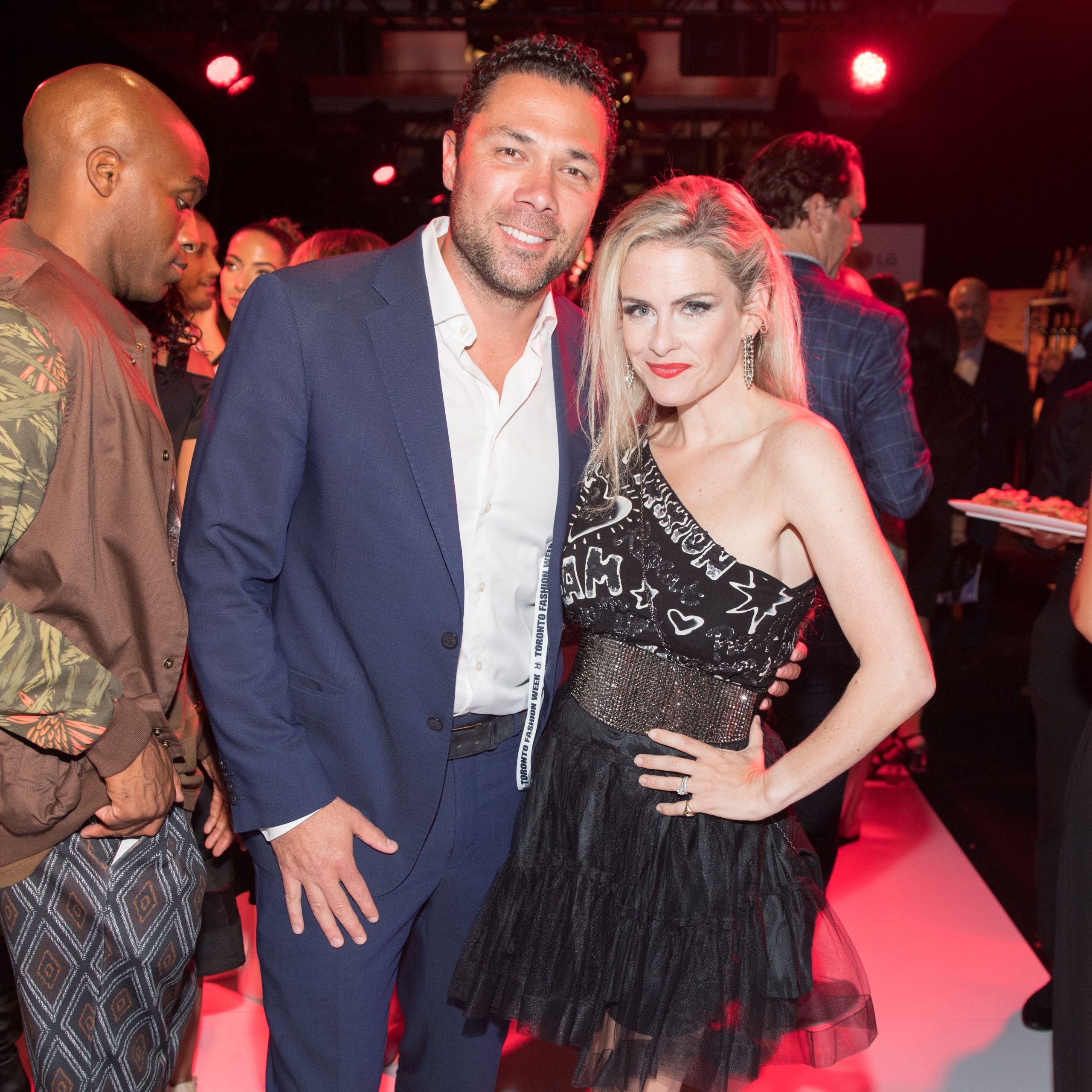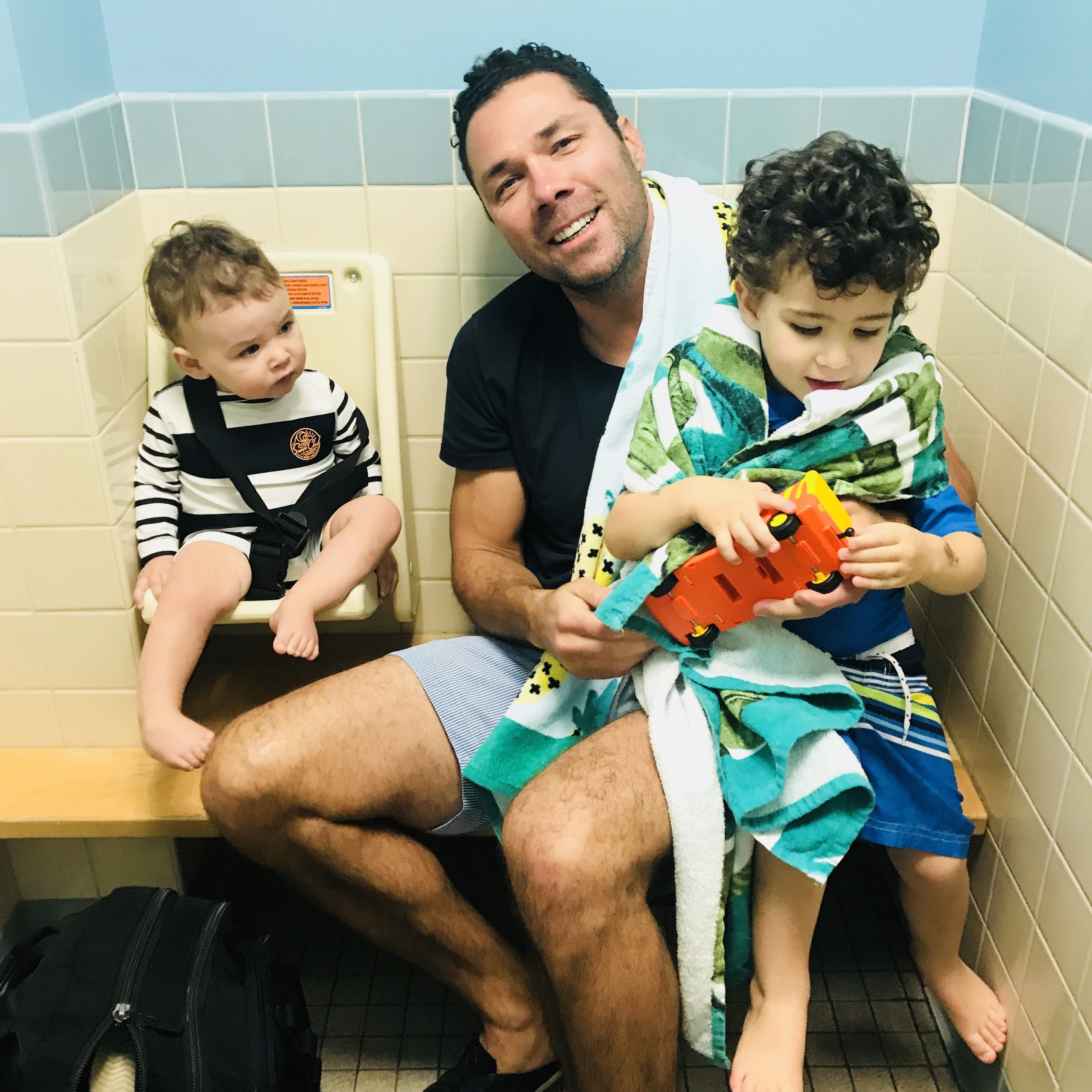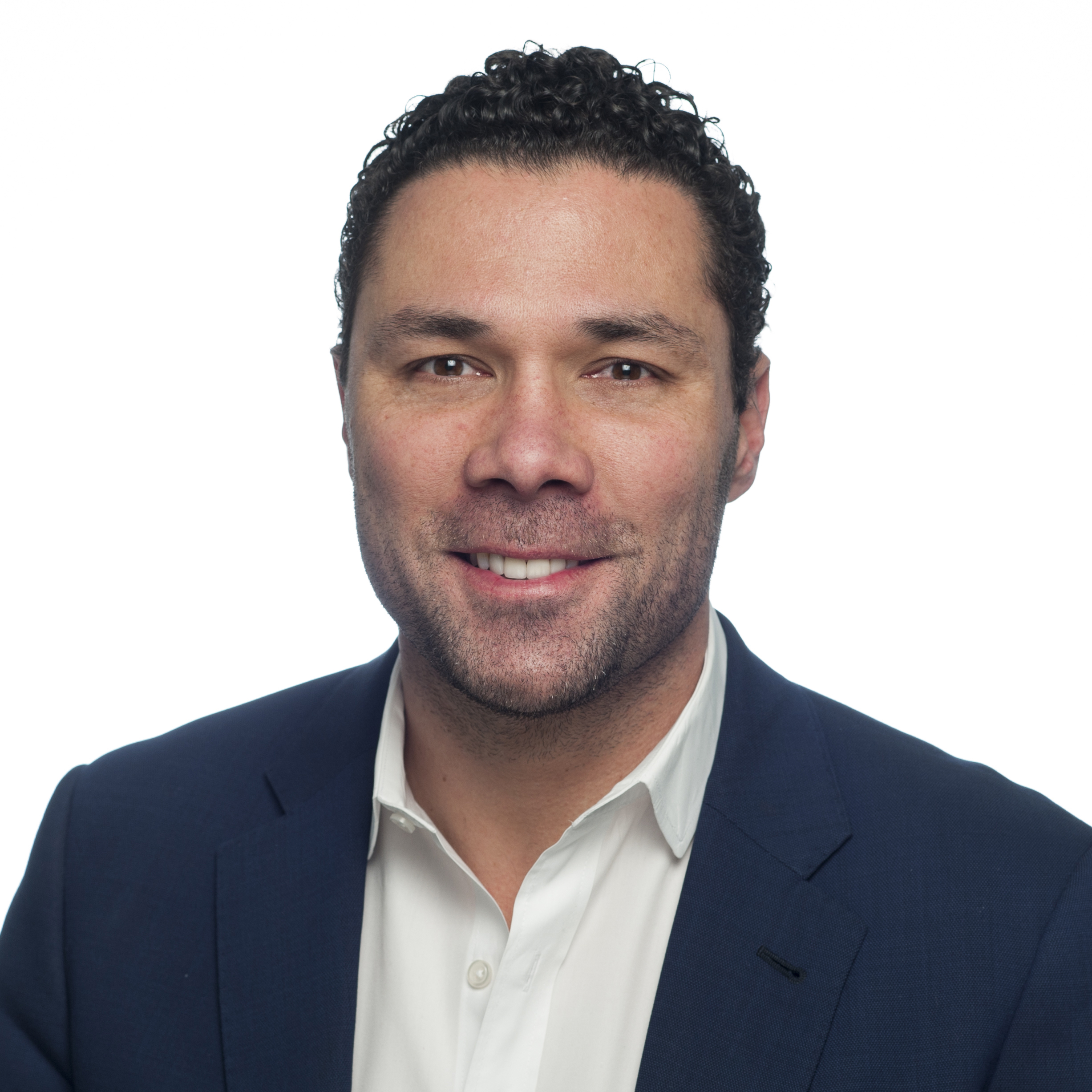In this weekly series, we profile entrepreneurs approaching the top of their game, and ask them how they got there. From role models to his definition of success, we asked Matt McGowan a few quick questions.
For Matt McGowan, taking on a career in business wasn’t daunting. His father, Vincent McGowan, was a New York City real estate entrepreneur and property manager. Ever since his childhood, McGowan has been fascinated by his father’s line of work. While his friend’s parents had traditional and easy-to-explain jobs, he found the complexity of his father’s job captivating.
So naturally, he went for it and has continued to do so for decades.
As the current President of Adestra, an email and market automation software company, and a board member and advisor to seven other companies, two of which are Canadian, McGowan has led a colourful journey to his position today.
McGowan was a young professional on Wall Street surrounded by many successful but unhappy colleagues. And that simply didn’t sit right with McGowan. Now, the father of two lives in Toronto with his wife.
“I didn’t want to end up like one of those successful but miserable people, so I built up the courage, quit my job, and joined a small technology start-up,” he said.
As the first commercial hire at the new tech start-up, the young entrepreneur had to take an almost 60 percent pay cut. “I definitely had to make sacrifices to afford my new life but the lack of income was more than made up for by my renewed energy,” McGowan said.
The start-up business was later sold to British publishing company Pearson, which lead to McGowan’s decision to attend business school at the University of Oxford in the England where he met his wife.


Matt and Lisa McGowan. 

Matt McGowan with his sons.
Over the following years, McGowan held leadership positions with Google, Charles Schwab, Headland Digital Media, Incisive Media, and PropertyRoom.com — all because of his decision to leave Wall Street all those years ago — making all of us wonder “how even.”
Most recently, McGowan led strategy and execution while Adestra was acquired by Upland Software for $61 million — one of the largest liquid transactions in the tech marketing space.
Here are 8 quick Q’s with the entrepreneur.
What does a regular day look like for you?
About the only thing that is “regular” is when I am home I try and take my oldest son to school every day around 8 a.m. and pick him up around 5:30 p.m. so we can have a family dinner with my wife and youngest son. It is the highlight of my unpredictable days. Other than that, it’s hard to say.
Did you find it was easier to get into business because of your fathers influence?
For some reason I have always felt the need to prove myself. It’s a never-ending process. I have an urge to constantly strive for more and know that I can always do better or at least put every effort into that sentiment. One day, I will learn to slow down but until I am forced to, it’s all systems go.
With the experiences you’d had in business so far, how has your definition of success changed over the years?
Success, for me, had everything to do with happiness. As a young professional on Wall Street, I found myself surrounded by many unhappy, but professionally successful colleagues, and that didn’t feel right to me. I built up the courage, quit my job, and joined a small technology start-up where I had to take an almost 60 percent pay cut as their first commercial hire.
I was free! For the first time, I found myself excited for Monday mornings. I like to think that I was, and still am, that guy walking down the street with a smile on my face. When it comes to money, when you are happy with your career choice, excelling can often become part of the process.
What advice do you have for someone just starting off in a similar field who wants to pursuit a little bit of everything and not feel overworked or overwhelmed?
Get involved. When I made the switch from Wall Street to Tech Start-up in the late 90’s, or when I switched from a direct to consumer business to a [business to business] media business; or from media to software when I joined Google for instance, it was always a calculated move. Spend time at industry events, go to smaller dinners and make breakfast meetings. I listen a lot, but I’m not afraid to share my two cents – more like one cent back in the late 90s. Do your best to build a network and to let that network know that you are interested in a career change. Over time, networking can be the difference between a job and real career.
How can younger entrepreneurs learn to balance their life and continue to pursuit different ventures?
The short answer is that this is always a challenge. Business can be all encompassing and therefore extremely destructive to one’s personal life. Everyone has to make their own decisions in life, but what I can say is that I have had most of my professional success when my personal life was in order. Success at home, in my case, has led to success professionally. Red-eye flights, blocking off time in my calendar to ensure I am home for major events, video-conferencing, building a team I am confident can do an equal if not better job than I can, and of course a strong and loving partner, are all levers that can help one find that time. My advice would be to not be afraid to tell your board, investors and business partners that family is important to you and carve out significant time for them.
Who are some of your role models?
My parents, my wife, my in-laws, my close friends, my colleagues. I work hard to surround myself with role models and have built a team within my family. Role models to me don’t have to be perfect. More often than not, my role models excel in something but are actually quite challenged when it comes to other things. I like knowing that someone I look up to and who has been where I am still finds certain aspects of their life challenging.
I rarely spend time listening to or trying to understand professional athletes, professional speakers/presenters, or Fortune 500 executives. While most are quite accomplished, they are not who I look to for guidance.
What are some obstacles that you faced early in your career and what are some of the new ones you face now?
The obstacles I have encountered, both professionally and personally, have been opportunities for me to prove to myself, or someone else, that I can achieve almost anything if I put my mind to it. I played varsity ice hockey in university and I tore all three major ligaments in my right knee during a game my sophomore year. My promising hockey career was over. The end of the dot-com bubble in 2000 almost cost me my career and definitely was the catalyst for significant change in my life. I have launched products that we have had to pull off the shelves for a variety of reasons. I have had significant clients decide to move to the competition. None of us wake up in the morning wanting to deal with such obstacles, yet, it is in these moments, when the world can feel like it is literally falling apart, that I have found the strength to rise up and navigate the challenge. I have never met a successful individual who has not had to navigate obstacles. They are a part of life. Rise to them, don’t shy away.
If there was one piece of advice you could have given yourself when you started off, what would it be?
There is no going back. Own your decisions and move forward.








